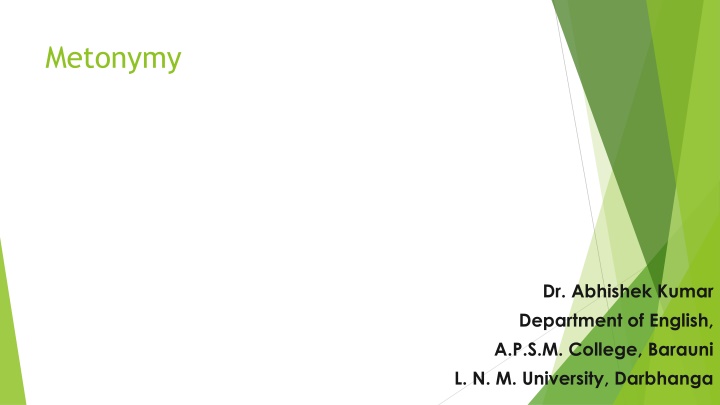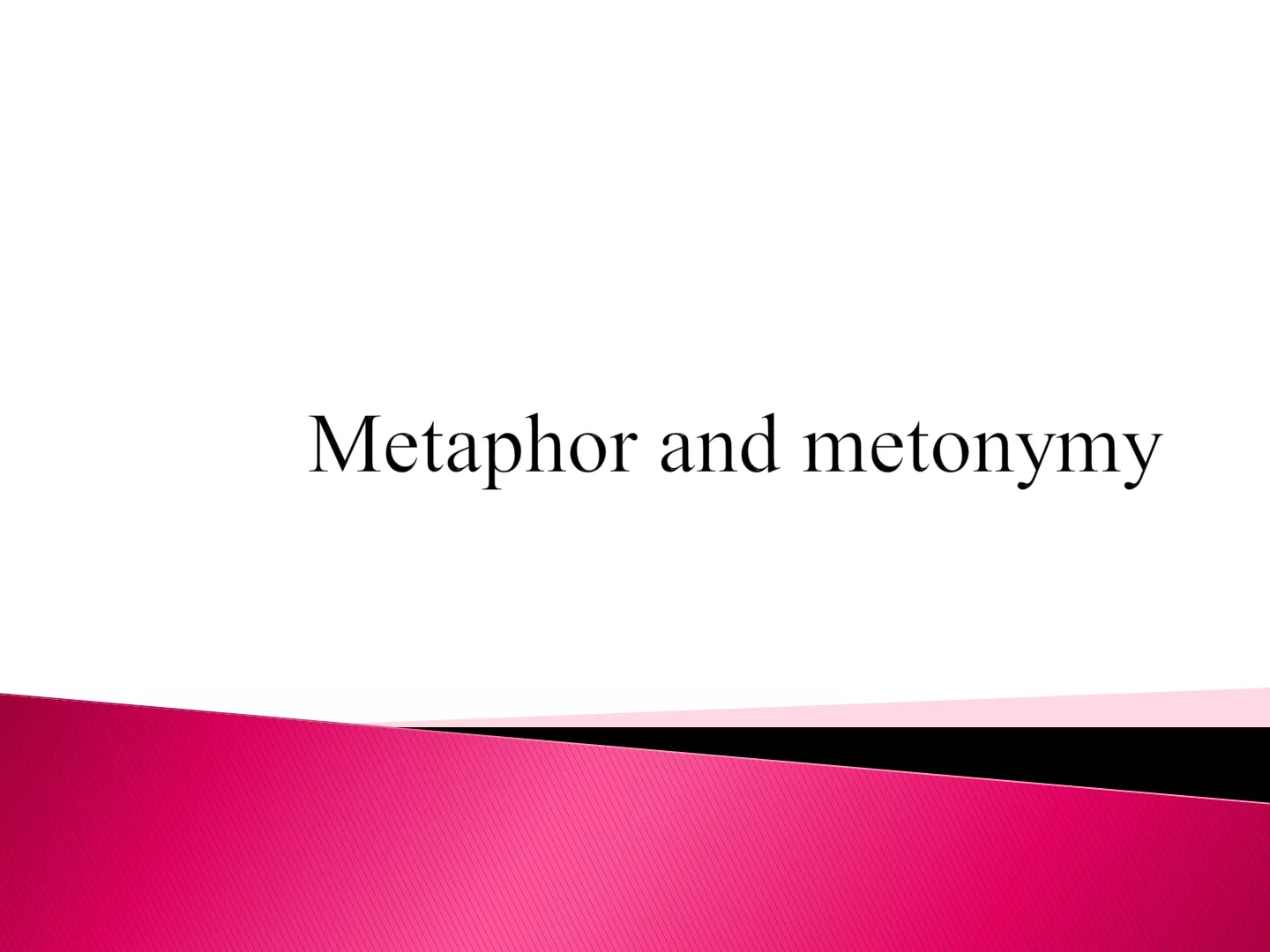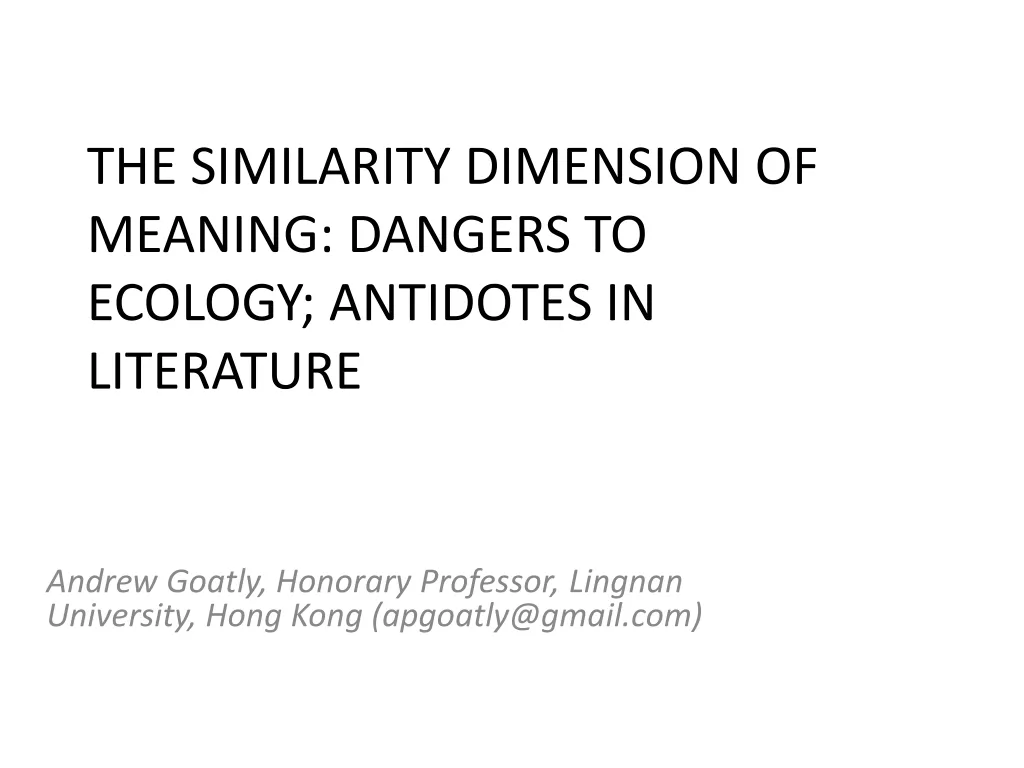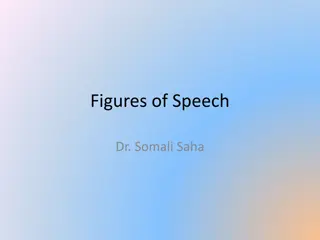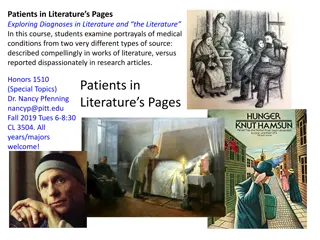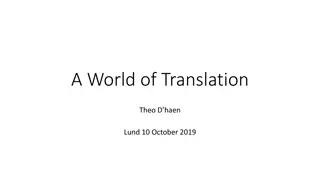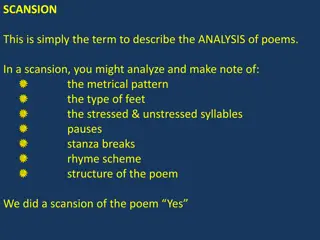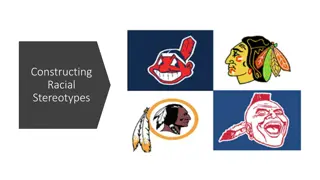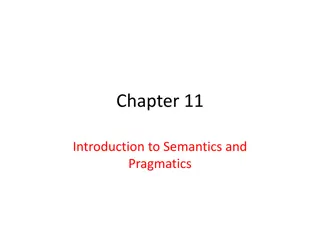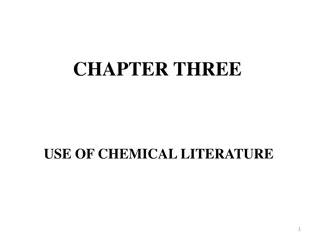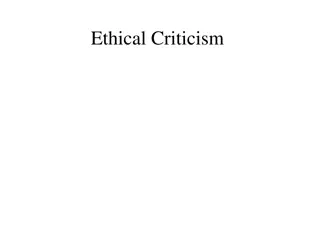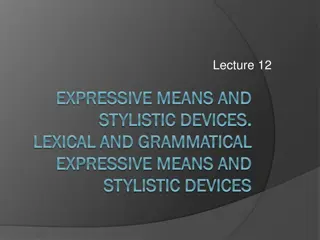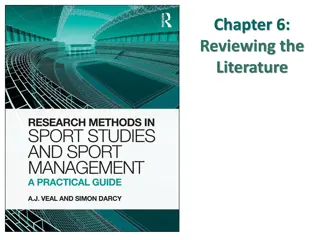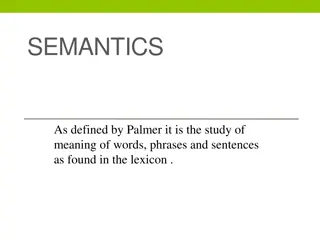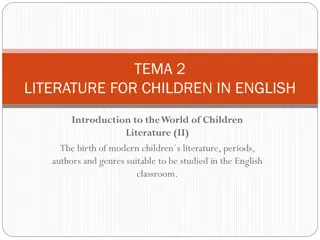Metonymy in Literature
A deep dive into metonymy, a figure of speech replacing a name with a related word. Explore examples from Shakespeare to Milton, showcasing how metonymy adds depth to literary expressions.
Download Presentation

Please find below an Image/Link to download the presentation.
The content on the website is provided AS IS for your information and personal use only. It may not be sold, licensed, or shared on other websites without obtaining consent from the author.If you encounter any issues during the download, it is possible that the publisher has removed the file from their server.
You are allowed to download the files provided on this website for personal or commercial use, subject to the condition that they are used lawfully. All files are the property of their respective owners.
The content on the website is provided AS IS for your information and personal use only. It may not be sold, licensed, or shared on other websites without obtaining consent from the author.
E N D
Presentation Transcript
Metonymy Dr. Abhishek Kumar Department of English, A.P.S.M. College, Barauni L. N. M. University, Darbhanga
Definition A figure of speech which replaces a name with a word that stands for its relevance meaning is called Metonymy. In a metonymy, the word we use to describe another thing is closely linked to that particular thing, but is not a part of it. For example, the word crown is used to refer to power or authority is a metonymy. It is not a part of the thing it represents.
Examples of Metonymy in Literature Friends, Romans, countrymen, lend me your ears. The above line is from William Shakespeare s Julius Caesar. Here Mark Anthony uses ears to say that he wants the people present to listen to him attentively. To make it specific the word ears is used replacing the concept of paying attention.
Continue But now my oat proceeds, And listens to the herald of the sea That came in Neptune s plea, He asked the waves, and asked the felon winds, What hard mishap hath doomed this gentle swain? The above line is from John Milton s Lycidas and here the poet uses oat for a musical instrument made out of an oat stalk. Thus, oat represents the song that the poet is composing next to the ocean.
Continue As he swung toward them holding up the hand Half in appeal, but half as if to keep The life from spilling The above line is from Robert Frost s Out, Out where The life from spilling refers to the spilling of blood. It develops a link between life and blood. The loss of too much blood means loss of life.
